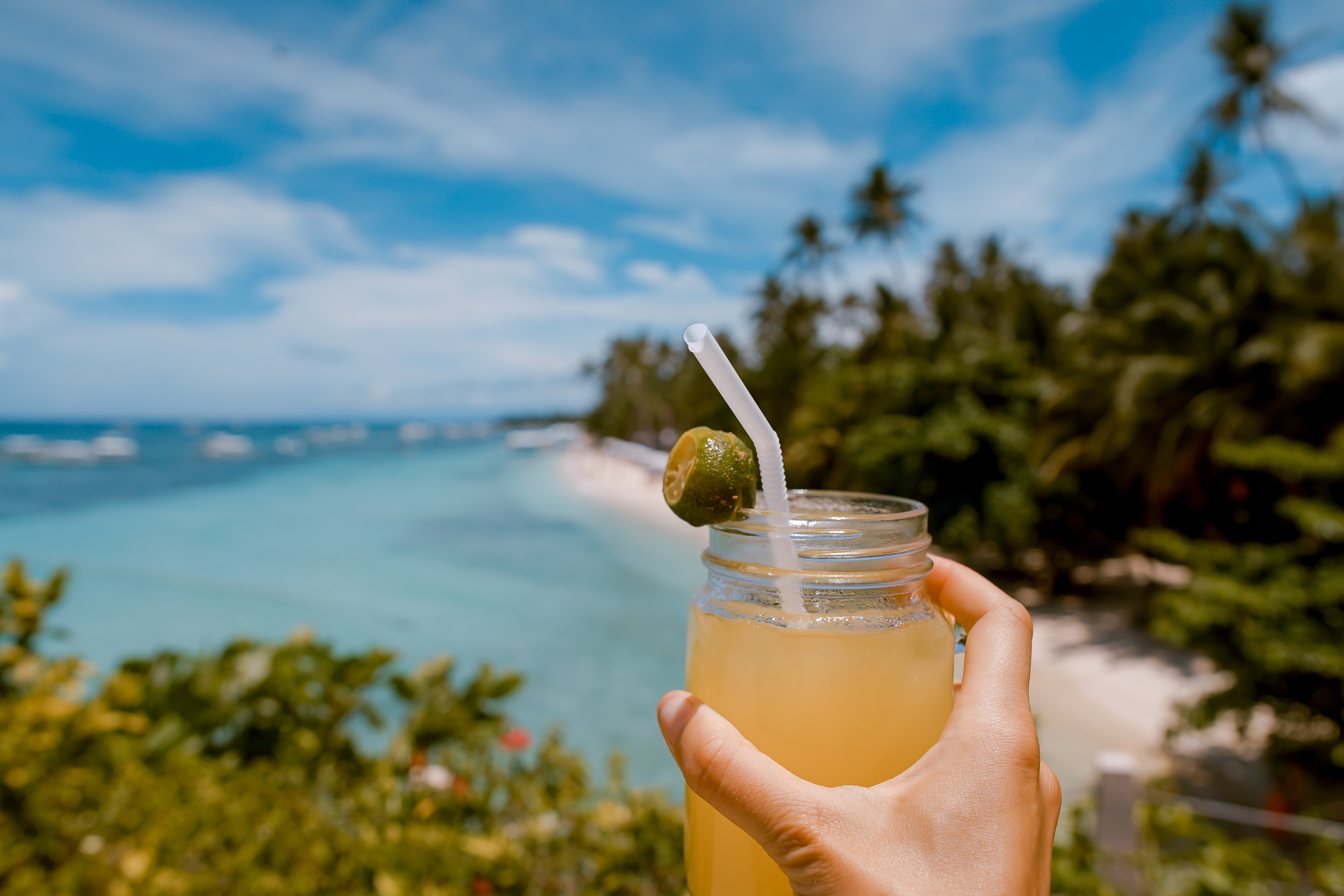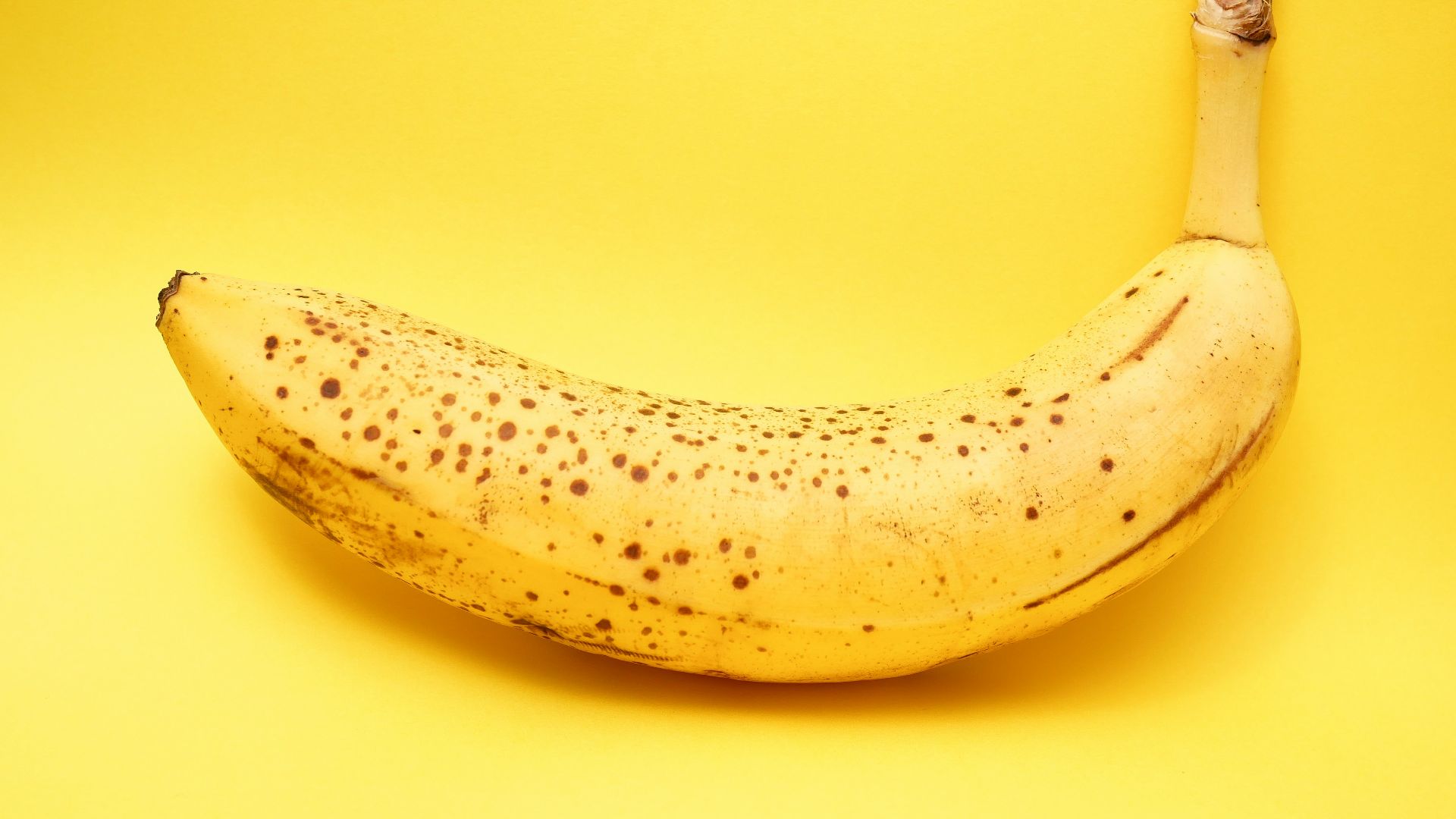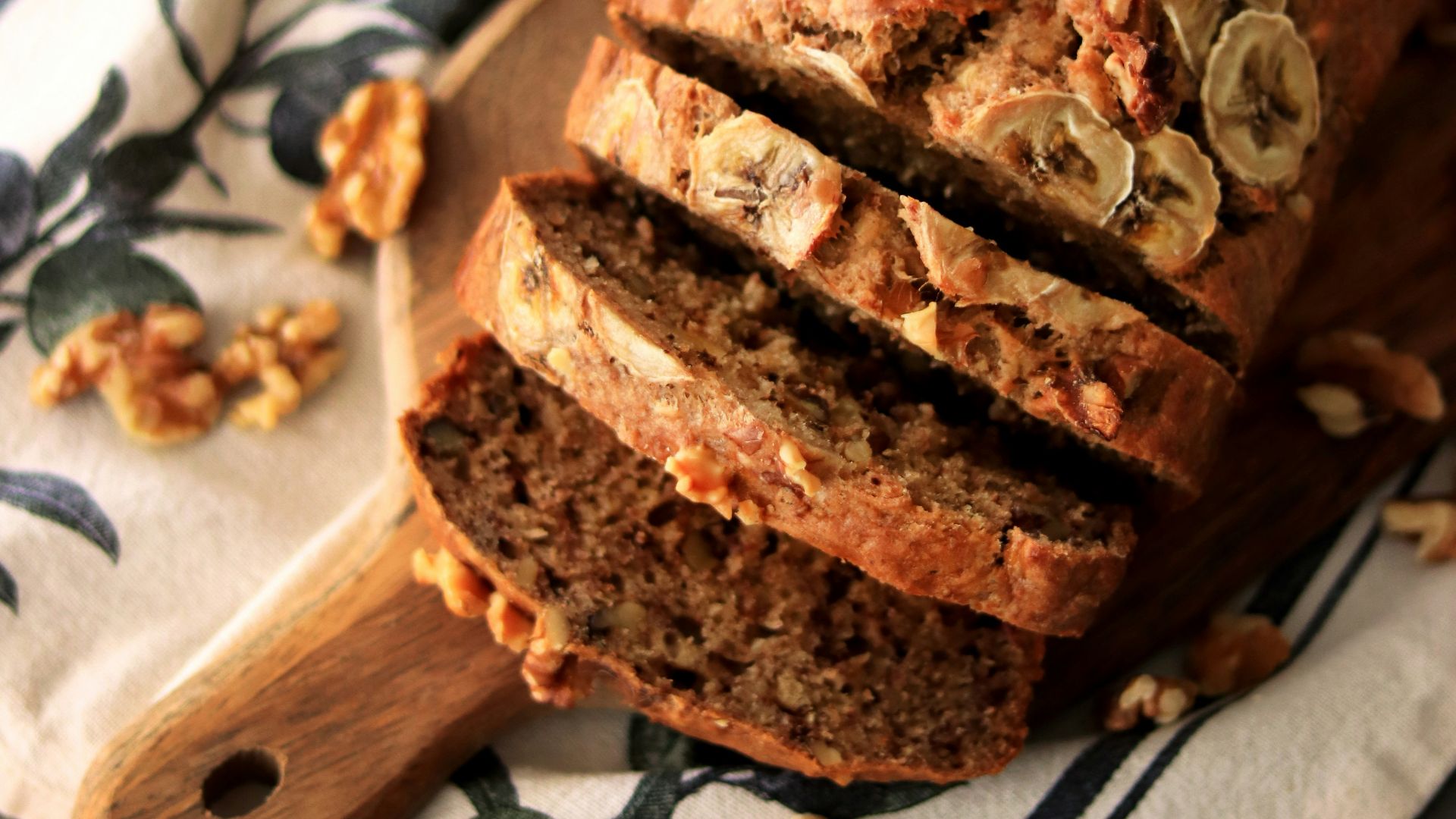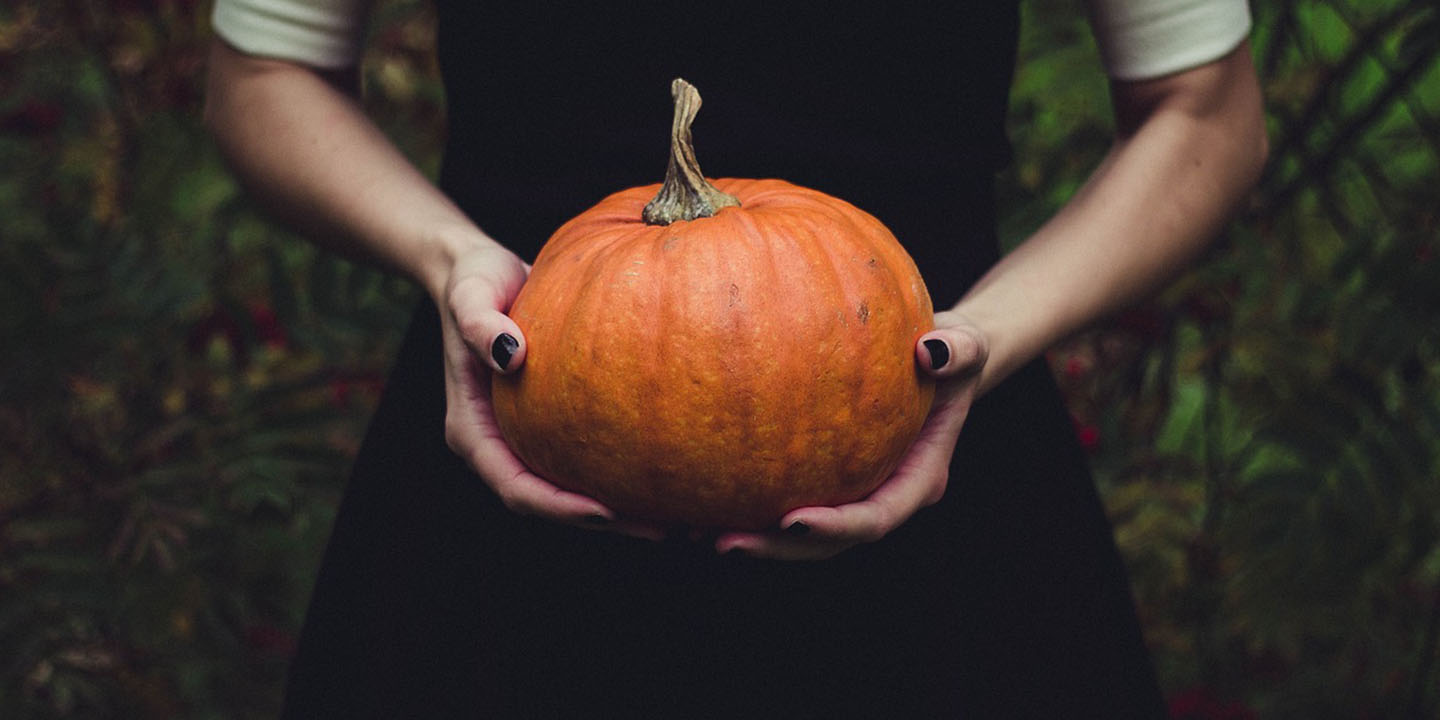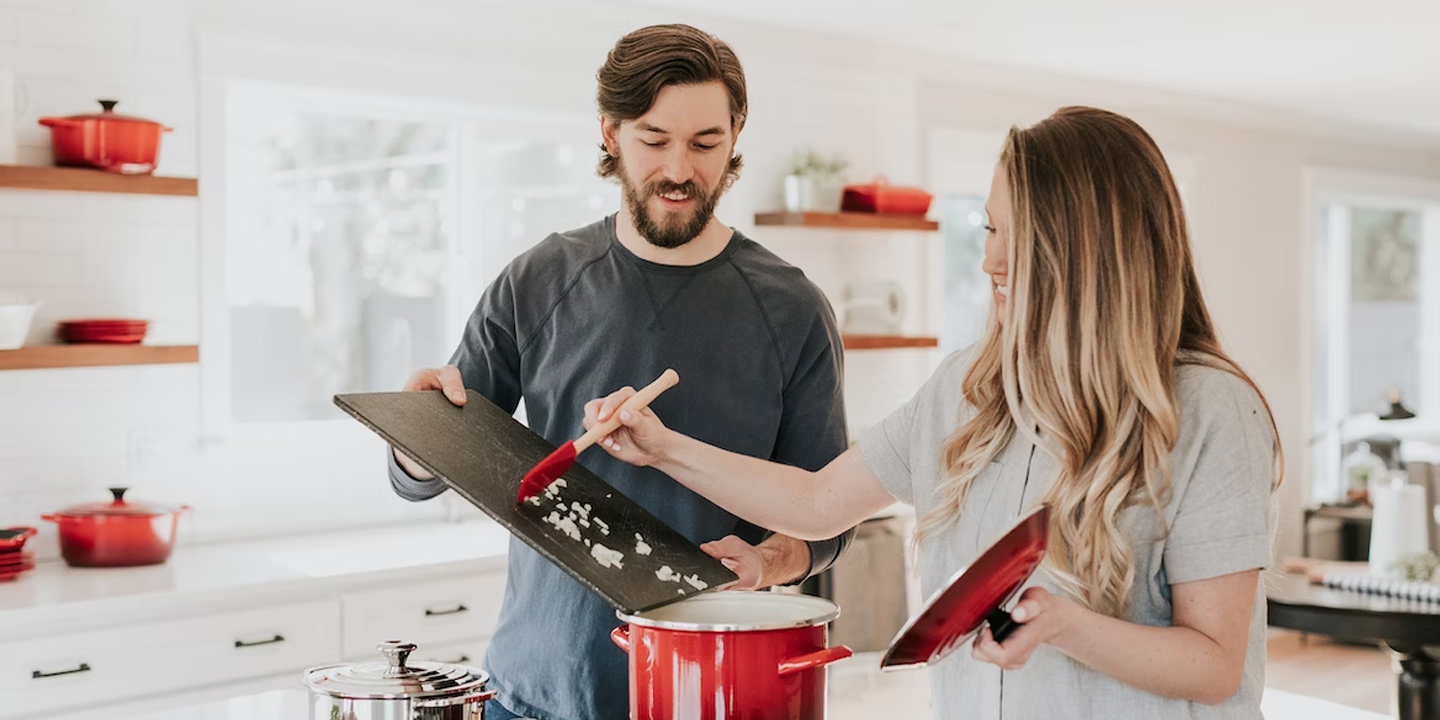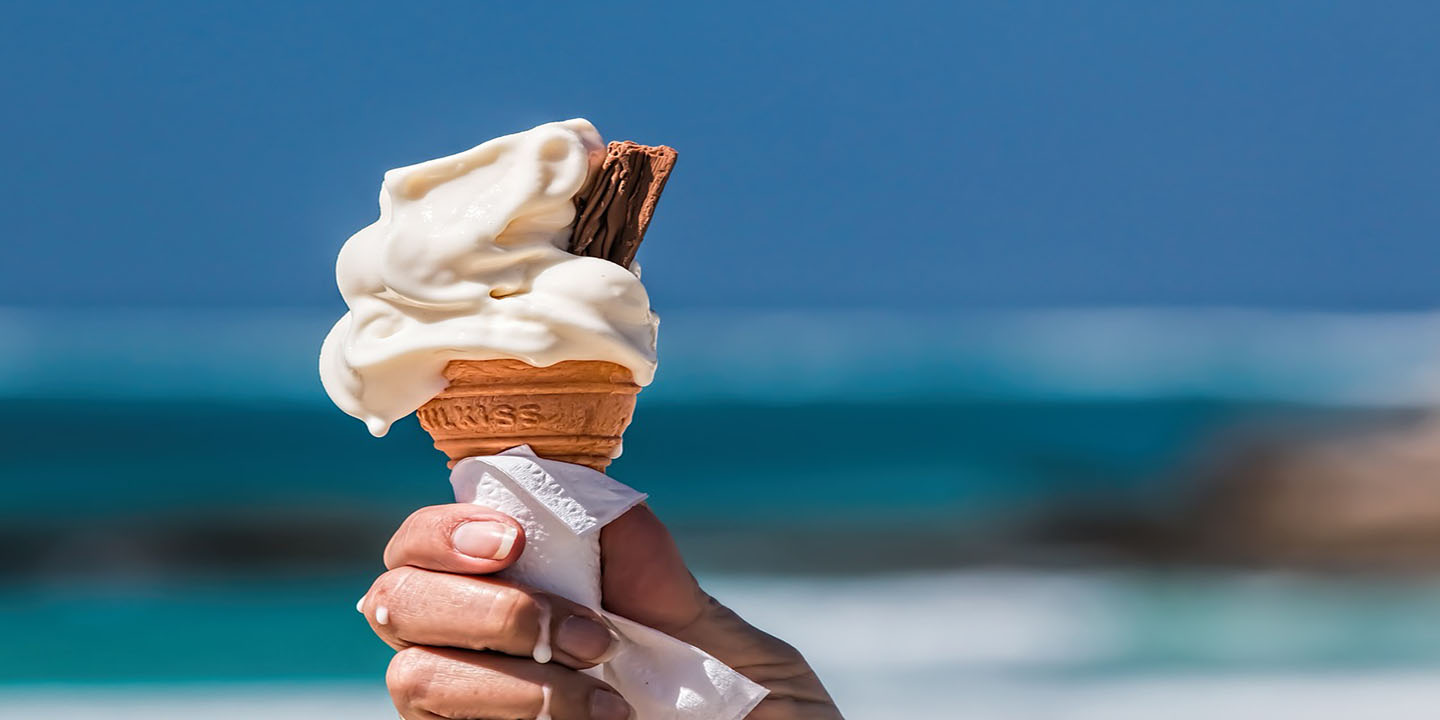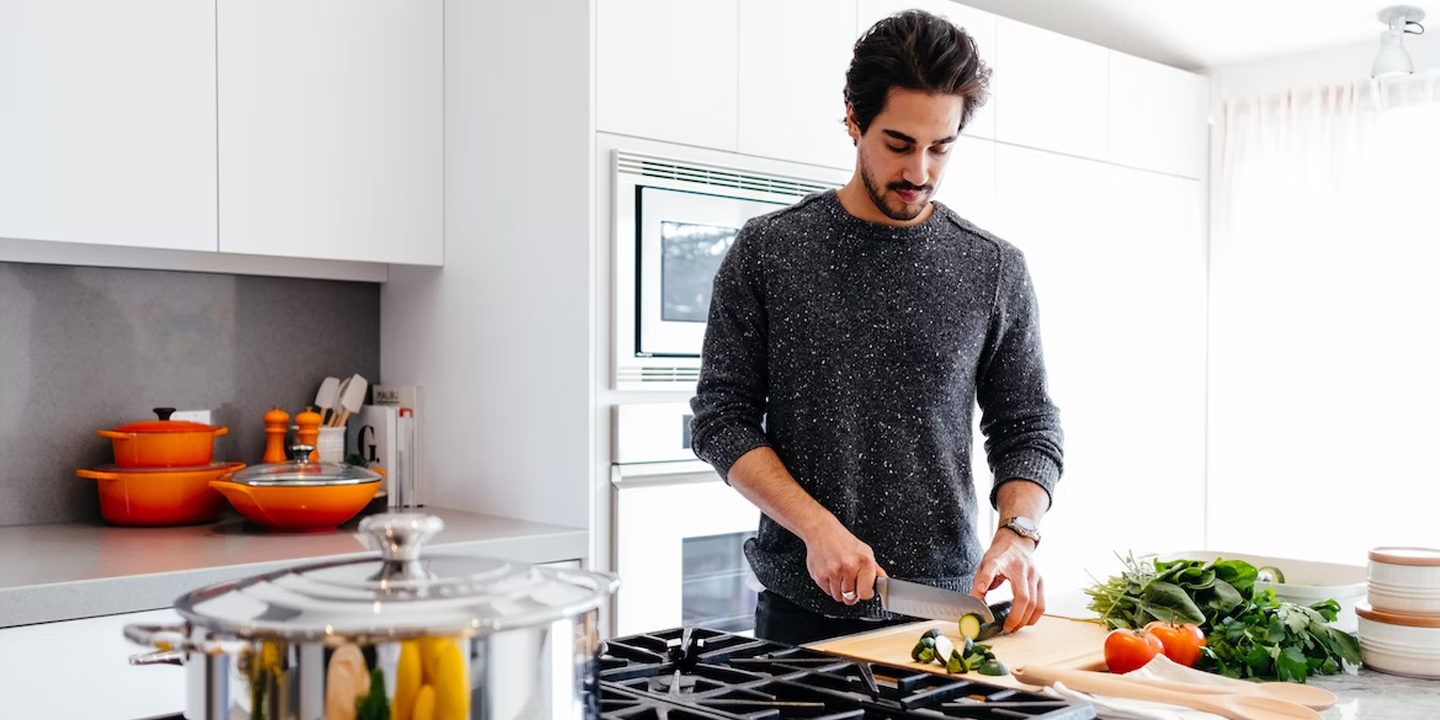They Might Look Rotten, But Don’t Be So Quick to Toss Them
Bananas are one of those grocery staples we toss into our carts almost automatically as a default addition. They’re convenient, cheap, and somehow always there in the grocery store, whether it's winter or summer. You bring them home and, for a time, they double as both fruit and cheerful yellow ornament on your countertop until, suddenly, they’re not so cheerful anymore. One morning you blink, and they’ve gone full Dalmatian, sitting slumped and a little sad on the counter. Most of us glance at them, wrinkle our noses, and think: trash. But the truth is those brown bananas might not just be safe; they might actually be better.
Brown Means Sweet, Not Spoiled
When a banana turns brown, it’s basically caramelizing from the inside out. Experts say this process, called enzymatic browning, doesn’t mean danger; it means dessert. Starches convert into natural sugars, giving that syrupy taste that works wonders in banana bread or smoothies. If it’s just brown and soft but still smells like banana—you’re in the clear. If it smells fermented or looks moldy, well, that’s a different story. Throw that one out.
Texture Trouble Isn’t Toxic
People often mistake a mushy banana for a bad one, but this isn’t entirely true. The texture change occurs because the fruit’s cell walls break down as the ripening enzymes go to work. This process is chemistry, not decay. A slightly squishy banana might feel off to eat as is, but it’s perfect for cooking and rich in potassium. Toss it in a pan with butter, sprinkle some cinnamon on top, and it'll turn into something like pie filling.
The Vitamin Question
Here’s where it gets interesting. Some vitamins, like vitamin C, degrade slightly as the fruit ripens. However, antioxidants, including dopamine, actually increase as the banana browns. While your speckled banana might be a little less fresh, it might also be a little healthier. Overripe bananas with brown spots actually show elevated levels of TNF, a protein involved in stimulating the immune cells to target early cancerous cells. Plus, if we’re being honest, the real reason people avoid brown bananas isn’t nutrition. It’s aesthetics.
Smell, Don’t Guess
Experts always circle back to the same advice: trust your senses. A brown peel alone isn’t a warning sign. If you’ve ever accidentally left a bunch in a hot car, you’ll know the difference. When browning bananas start to leak liquid or give off that pungent alcoholic scent, that’s fermentation, not ripening. Otherwise, you’re fine.
Waste Less, Eat Smarter
Americans throw away millions of pounds of “overripe” fruit every year—bananas being among the top culprit. But one person’s trash banana is another’s baking ingredient. Some people peel those browning bananas and freeze them in Ziplock bags, while others mash them straight into muffin or banana bread batter, turning what seemed like waste into something delicious.
KEEP ON READING
